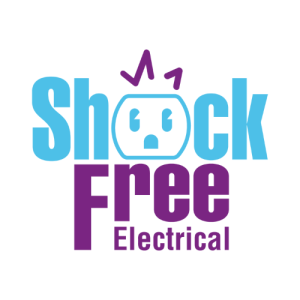As the popularity of Electric Vehicles (EVs) continues to soar, the demand for convenient and efficient charging solutions at residential properties has become more evident than ever. Many EV owners prefer the convenience of charging their vehicles at home, where a residential electrician plays a pivotal role. These electricians possess the expertise and knowledge required to safely and effectively install EV chargers, making them an essential component of the growing EV charging infrastructure. In this article, we will explore the crucial role of an electrician specialized in home needs in the installation process, highlighting their contributions to providing a seamless charging experience for EV owners.
1. Electrical Assessment and Capacity Evaluation
One of the primary responsibilities of home electricians in EV charger installation is to conduct a thorough electrical assessment of the home. They examine the existing electrical system to determine its capacity and identify if any upgrades are necessary to accommodate the EV charger. This step is crucial to ensure that the electrical panel and wiring can handle the additional load from the charging station without any safety concerns.
2. Charger Selection and Customization
Household electricians assist homeowners in selecting the appropriate EV charger that suits their specific needs and electrical capacity. With various charging options (Level 1, Level 2, or DC fast charging), electricians help homeowners make informed decisions based on the vehicle’s charging requirements and budget. They also offer customization options to tailor the installation to the homeowner’s preferences and parking setup.
3. Electrical Wiring and Installation
Installing an EV charger involves complex electrical wiring that connects the charging station to the electrical panel. Home electricians are skilled in handling wiring, ensuring connections are made safely and efficiently. They follow electrical codes and safety regulations to guarantee a reliable and hazard-free installation.
4. Safety Measures and Compliance
Safety is paramount in any electrical installation, and EV charger setups are no exception. These electricians implement strict safety measures during installation to minimize the risk of electrical hazards. They adhere to local building codes and regulations, obtaining the necessary permits for the installation to ensure compliance with all relevant standards.
5. Testing and Verification
After the installation is accomplished, they conduct rigorous testing and verification procedures to confirm that the EV charger functions correctly. They inspect the charging station’s performance, ensuring that it delivers the expected charging capacity and that there are no issues with the electrical connections.
6. User Guidance and Support
These electricians provide user guidance to ensure homeowners are well-informed about their new EV chargers. They explain the charging process, safety precautions, and how to operate and maintain the charging station effectively. Additionally, electricians are available to provide ongoing customer support, addressing any questions or concerns that may arise after the installation.
The role of household electricians in EV charger installation cannot be overstated. They bring crucial technical expertise, ensuring EV owners enjoy a safe and reliable charging experience at home. Residential electricians are vital in establishing a robust and accessible EV charging infrastructure for homeowners. With their expertise, EV owners can rest assured that their charging station is installed with the utmost precision, efficiency, and safety.
Power up your home with EV charging! trust our expert residential electrician of Shock Free Electrical for a safe and efficient EV charger installation. Go green and go electric today! contact us at (709) 687-5393 for a free consultation.






